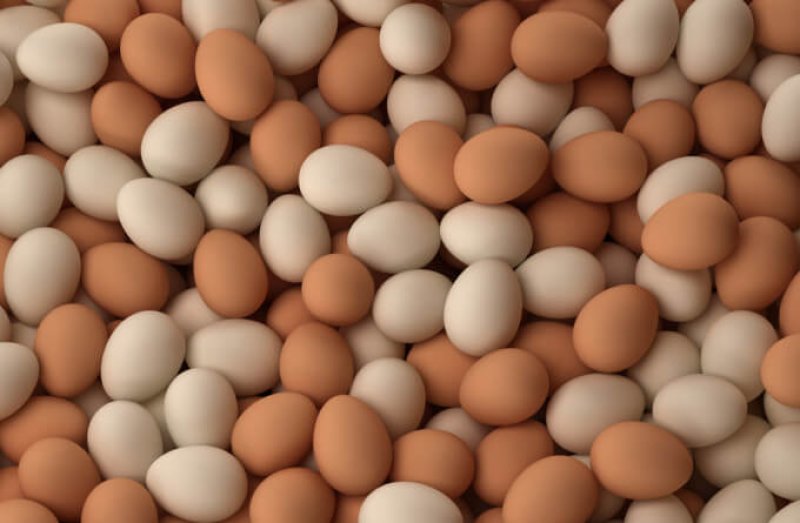Researchers in Japan may have found a way to produce cheaper drugs that could be used to treat a range of diseases from chicken eggs. They have successfully genetically modified hens to produce eggs containing large amounts of interferon beta protein, a protein used to treat various illnesses, including multiple sclerosis and cancer. The protein is very expensive, costing between $300-$1000 for just one microgram, according to pharmaceutical company, Cosmo Bio who co-led the research.
…
According to Mika Kitahara, a spokesperson for Cosmo Bio, this technology will reduce the price of cancer drugs at least by 90% if proven successful in further trials.
…
“You’ll have to show (the drug) is exactly the same as the drugs that have gone through all the clinical trials,” said [Professor Helen] Sang, whose own team has been working on transgenic chickens for over a decade. As well as simply making the drugs in the eggs, they will also need to be purified and validated through additional research, she said.
…
The immediate hope is for the cancer-battling medicine to result in affordable medical products. The team is looking forward as well, with research underway to produce human antibodies using the same method.
The GLP aggregated and excerpted this blog/article to reflect the diversity of news, opinion, and analysis. Read full, original post: Cancer drugs grown in chicken eggs may lower their cost































